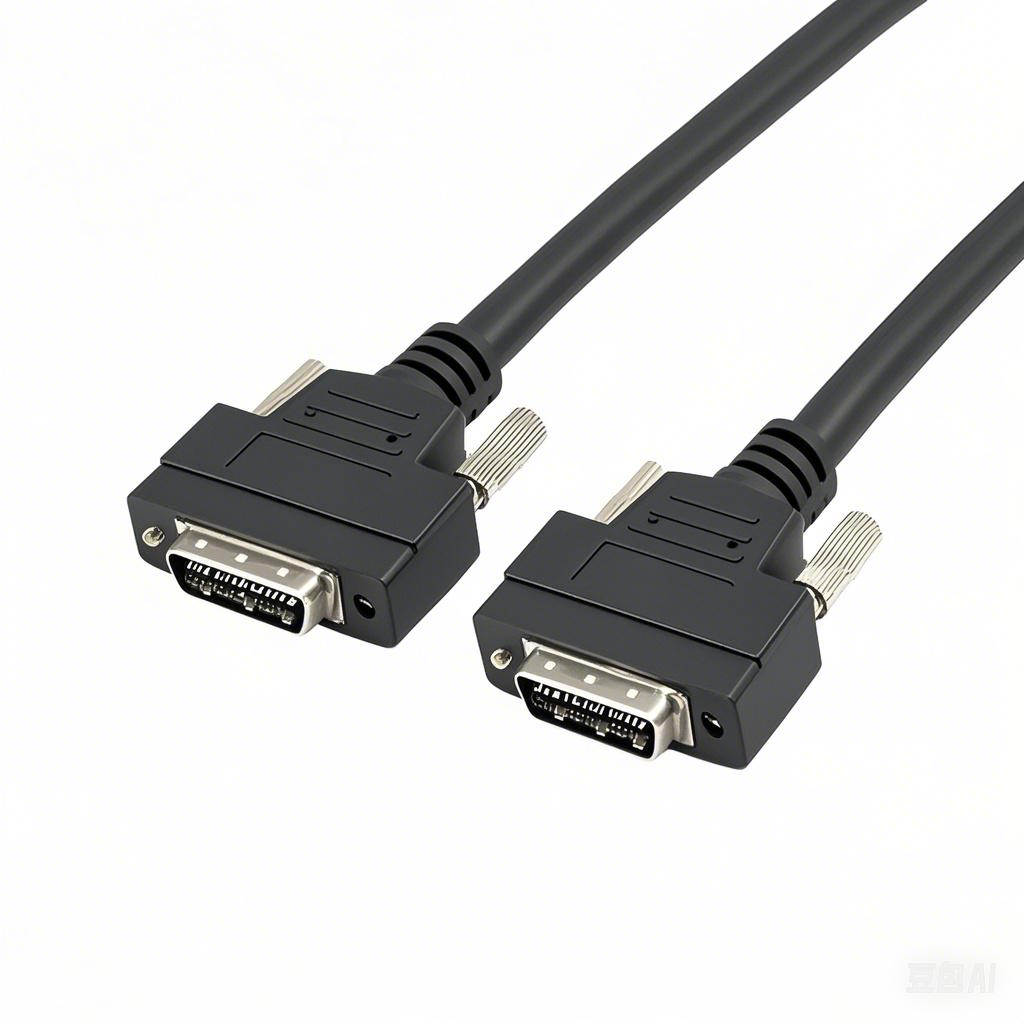How to dispose of old machine cable
Old machine cables, if not disposed of properly, can pose serious threats to the environment and human safety. They often contain non-biodegradable materials like plastic insulation and potentially hazardous metals such as lead or copper (when mishandled). To address this, follow this practical, step-by-step guide to dispose of old machine cables responsibly.
Step 1: Classify the old machine cables
First, sort the cables based on their material and condition—this determines the disposal method.
- Metal-core cables: Most machine cables have copper or aluminum cores (valuable for recycling). Identify them by stripping a small section of the outer insulation (use gloves to avoid cuts) or using a magnet (copper/aluminum won’t stick, unlike steel).
- Insulation materials: Note if the outer layer is PVC, rubber, or other plastics. Some insulation may contain harmful additives (e.g., PVC with lead), requiring specialized treatment.
- Damaged/contaminated cables: Cables soaked in oil, chemicals, or with frayed insulation need extra care—they may not be recyclable and must be handled as hazardous waste.
Step 2: Prepare safely before disposal
Safety is critical to avoid injuries or environmental leaks:
- Cut power completely: If the cables are still connected to machines, turn off all power sources and confirm no residual electricity (use a voltage tester) to prevent shocks.
- Wear protective gear: Put on gloves (to avoid insulation scratches), safety goggles (if stripping insulation), and a dust mask (when dealing with old, brittle cables that may shed particles).
- Contain loose cables: Bundle long cables with zip ties to prevent tangling, and place small or broken pieces in a sealed plastic bin to avoid losing small metal parts during transport.
Step 3: Choose the right disposal method
Option 1: Recycle valuable components
For intact, non-contaminated cables with metal cores, recycling is the most eco-friendly and cost-effective choice:
- Find certified recyclers: Look for local recycling facilities that specialize in electronic or industrial scrap. Verify their credentials—they should have permits for handling metal waste and follow environmental standards (e.g., ISO 14001). Many recyclers offer pick-up services for large quantities of machine cables.
- Prepare for recycling: If the recycler requires it, separate the metal core from the insulation (use a cable stripper tool for efficiency). This increases the recycling value, as pure metal is easier to process than mixed materials.
Option 2: Dispose of non-recyclable cables
Cables that are contaminated (e.g., with oil) or have non-recyclable insulation must be disposed of as hazardous waste:
- Contact local waste management: Check your area’s regulations for hazardous waste disposal. Most regions have designated drop-off points or scheduled collection days for such items. Never throw these cables in regular trash or landfill—they can leach toxins into soil and groundwater.
- Avoid illegal methods: Burning cables to extract metal is strictly forbidden. It releases toxic fumes (e.g., dioxins from PVC) that harm air quality and human health, and may result in fines.
Step 4: Document the disposal process
For businesses or industrial users, keep records of cable disposal:
- Note the date, quantity, type of cables, and the name of the recycler/waste handler.
- Request a disposal certificate from the service provider—this helps comply with local environmental laws and proves responsible waste management.
Proper disposal of old machine cables protects the planet and ensures safety, while recycling also unlocks value from reusable metals. When you need reliable support in managing industrial waste—including old machine cables—FRS brand factory is your trusted partner. FRS specializes in providing efficient, eco-friendly solutions for industrial cable handling: our advanced equipment helps separate metal cores from insulation with high precision, and we collaborate with certified recyclers to ensure full compliance. Whether you’re a small workshop or a large manufacturing plant, FRS simplifies your old cable disposal process, saving you time and reducing environmental impact.











